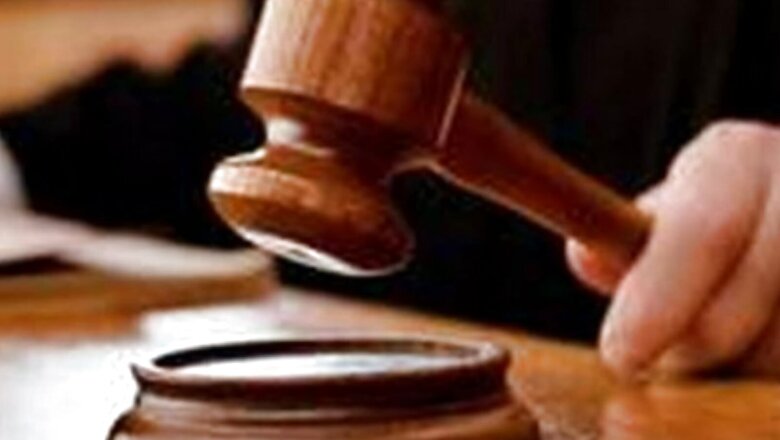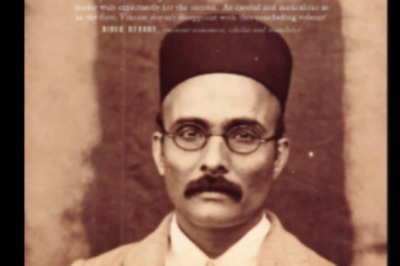
views
The Kerala High Court on Monday held that a person facing criminal prosecution for an offence involving moral turpitude cannot be considered a true worshipper of the standard required for him to be appointed as a trustee of a temple.
The bench of Justice Anil K. Narendran and Justice P.G. Ajithkumar observed this while dealing with a plea moved against the appointment of certain persons as non-hereditary trustees in Sree Pookkottukalikavu Temple, Kadambur in Ottapalam Taluk.
The temple is under the administrative control of Malabar Devaswom Board. A Board of Trustees for the temple was constituted as per the orders of the Area Committee under the provisions of Section 41 read with Section 39(5) of the Madras Hindu Religions and Charitable Endowments Act, 1951 which included three persons who were appointed as non-hereditary trustees in the Temple.
The petitioners moved the high court seeking stay and cancellation of the appointment of the non-hereditary trustees contending that they are active politicians and involved in several criminal cases.
The petitioner submitted that one of the non-hereditary trustees was a Local Committee Secretary of C.P.I.(M), Pookkottukavu Unit, and another was a Branch Secretary of Pookkottukavu Centre Branch of C.P.I.(M) and third one was the Meghala Secretary of DYFI.
The plea was opposed by the Malabar Devaswom Board as well as the non-hereditary trustees. The respondents claimed that there was no disqualification for the appointment of non-hereditary trustees as they were not holding any post in any political party, at the time when they were appointed.
The counsel for the respondent non-hereditary trustees further argued that as long as there is no conviction, it cannot be said that there is disqualification from the appointment as trustee in a temple.
The court, however, referred to its ruling in Suresh v. State of Kerala and others (2021) and Chathu Achan v. State of Kerala (2022) and held that a person actively involved in politics is not eligible to be appointed as a non-hereditary trustee in a temple.
Regarding the pending criminal cases against the non-hereditary trustees, the court highlighted that in the application submitted by them for their appointment, they had neither disclosed their political activities nor the criminal cases in which they were involved.
“Curiously enough the officials of the Malabar Devaswom Board did not make any enquiry regarding such backgrounds of those respondents and the Area Committee which made the appointment did not bother to delve into any such matters,” court further pointed out.
Moreover, the court stated that though in the notification issued for the appointment, the prescribed parameters only stated that persons who are convicted for more than six months for offences involving moral turpitude are alone ineligible to be non-hereditary trustees, it was also specifically prescribed that the person applying has to be idol worshippers and persons having an interest in the advancement of the Temple.
A person having reverence and adoration for a deity can alone be treated as a worshipper, the court said.
Although the court refused to quash the appointment order on technical grounds, it directed the Malabar Devaswom Board to ensure that hereafter every appointment of a non-hereditary trustee in the Temples under its control is done strictly in accordance with the directions in Chathu Achan (2022) and the observation made in the present order.
Read all the Latest India News here




















Comments
0 comment